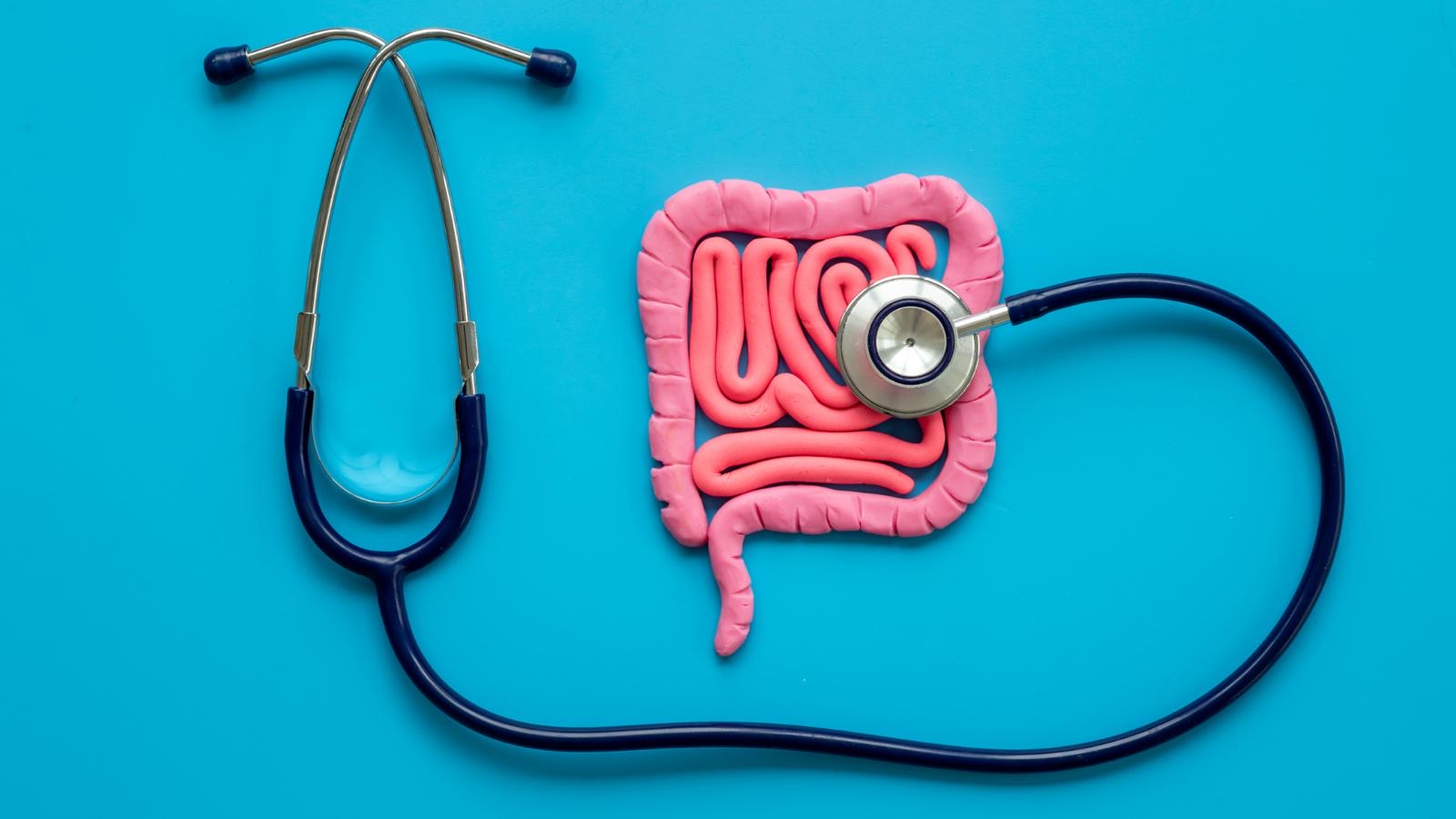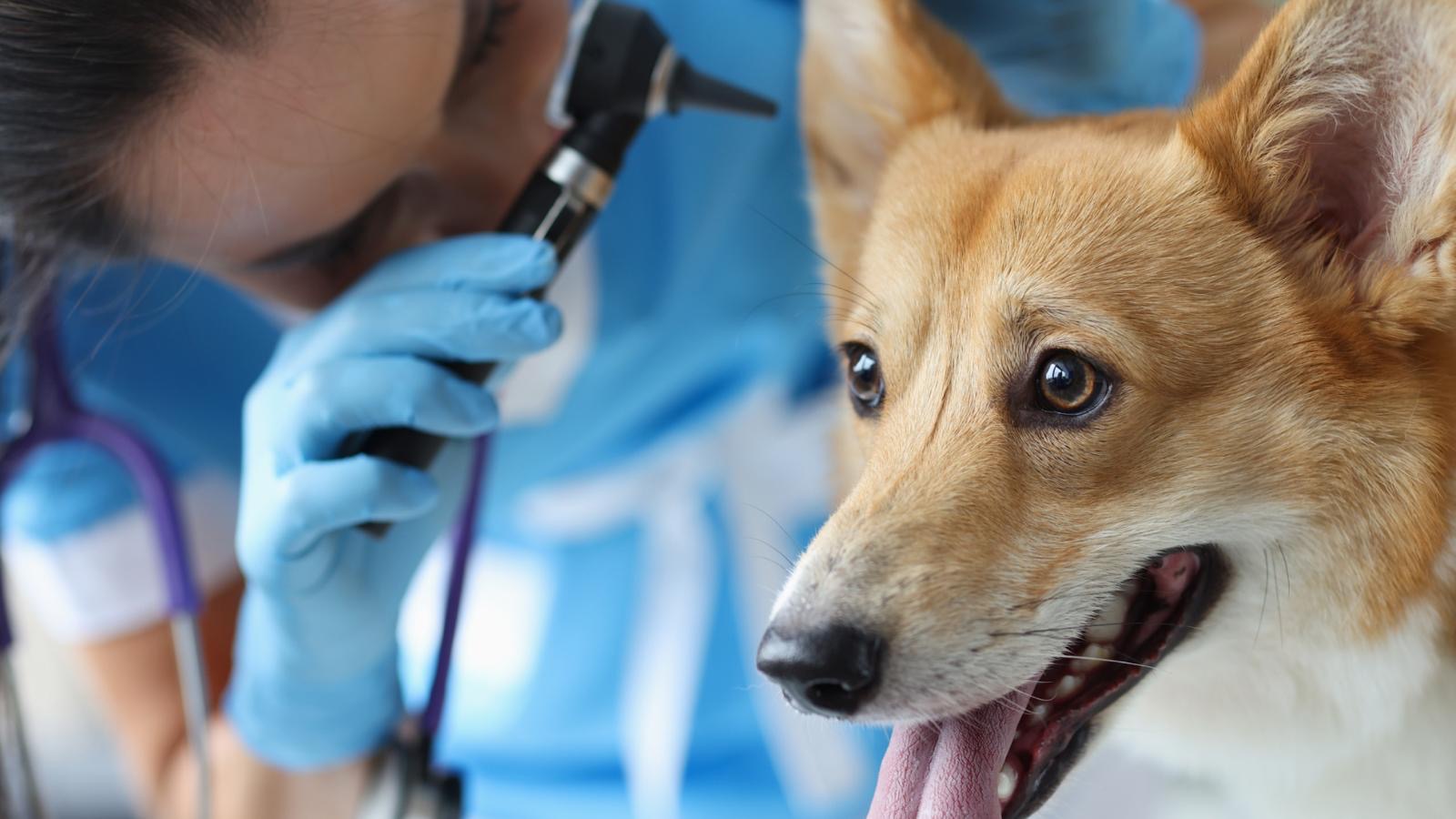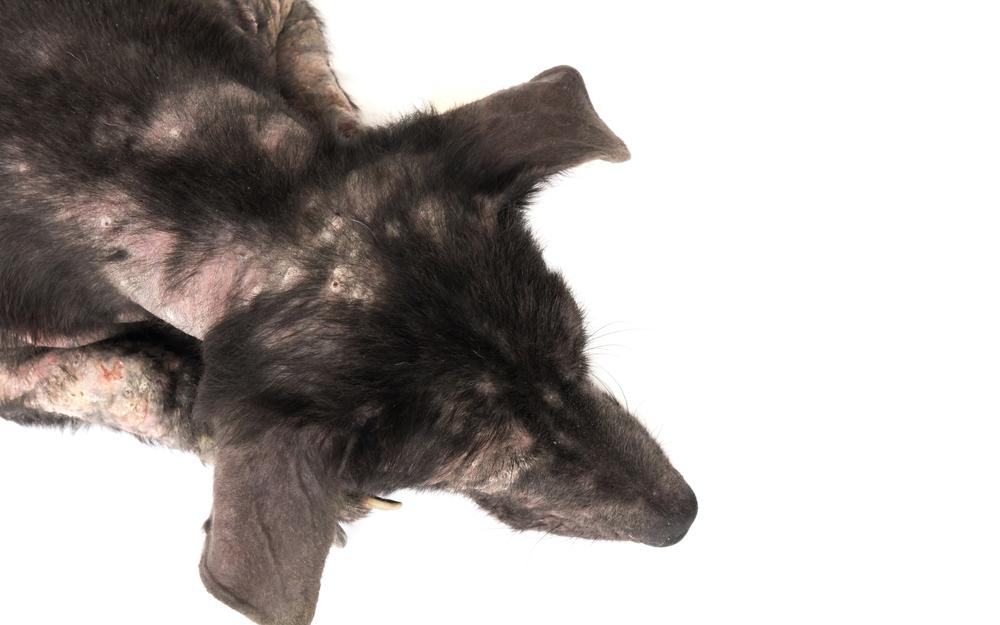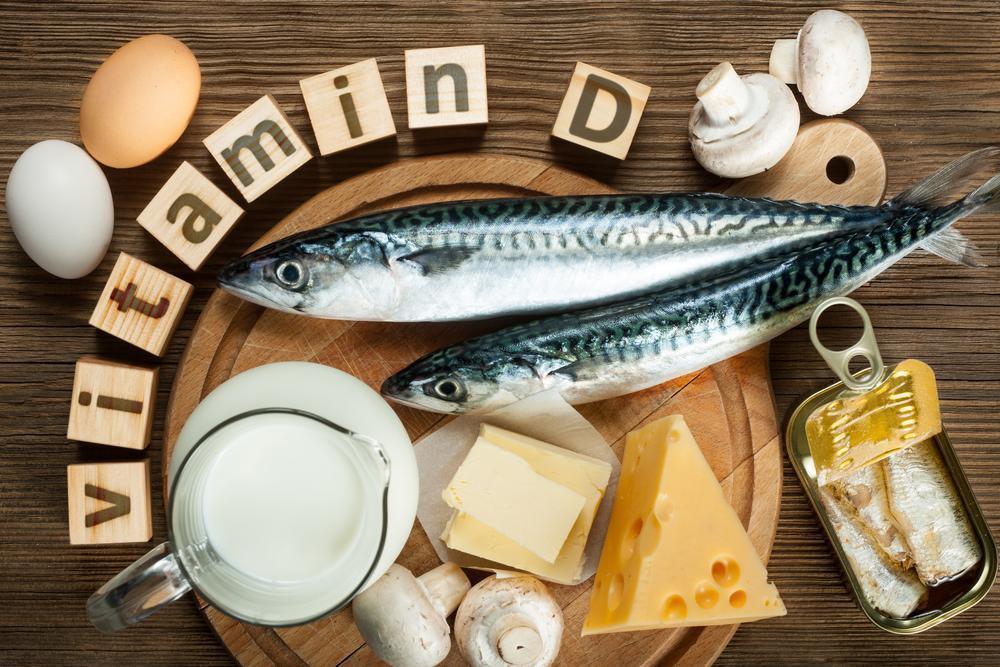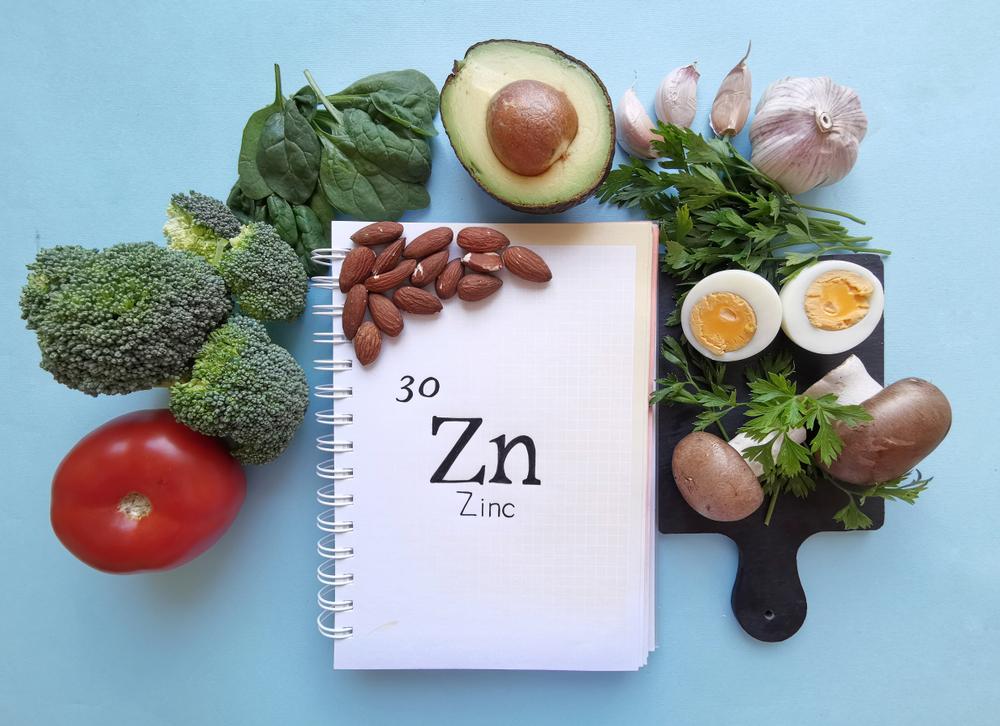Oh yeah baby Cancer in Pets Part 2! Are you excited (maybe not the right question)? Just a word to the wise, if you haven’t yet read part 1, it would be helpful to get a grasp on immunity and what to consider diet wise first. It won’t ruin part 2 (a bit like watching Home Alone 2 before Home Alone), it’s not a deal breaker but kinda nice to get some back story and structure.
Cancer in Pets Part 1
So we now know what type of diet to consider in cancer but we need to compliment this route by looking at immunity and supplement choices, to help support the body and rid the body of as many toxins as possible. After all, Dr Thomas Seyfried did demonstrate that cancer is triggered by toxic overload.
When looking at every client, once we have considered genetics, history and presenting symptoms, we then look at the 8 systems in functional medicine. This allows us to approach it with a framework, piecing things together like a jigsaw. Functional medicine isn’t diagnostic, it looks at the what, why and the how. In our consultations we look at the pathophysiology’s in great depth and consider a number of other processes not even mentioned here (we want you to read on).
The 8 systems
- Stress; we know this to be a trigger for cancer. Stress releases cortisol, this tends to shut down the digestive system somewhat. We know this leads to leaky gut and mass inflammation in the body if extended periods of stress are experienced. This type of inflammation is TH2 dominant and cancer is a TH2 dominant disease. If we know there is a lot of stress, we would address this to try and help mediate this response and reduce some inflammation.
- Immunity; Immunity is effected by absolutely everything and when your pet has cancer this is an immune malfunction and must be treated as such. This is where we look at TH1 and TH2 and help support it with mushrooms, herbs, probiotics and so forth. Stress, detoxification, digestion and pretty much every system greatly impacts immunity so we need to look at everything closely and support all processes.
- Detoxification; detoxification encompasses the lymphatics, digestion, kidneys, liver and gallbladder. We would look and have particular questions for each system within detoxification. If these systems aren’t in check and in particular the liver, cancer can become a monster. The liver is the powerhouse. It breaks down and filters pretty much everything in the body including toxins and if this isn’t working well, we need to address it. We would definitely look at phase 1 and phase 2 of detoxification pathways in the liver to ensure support during this difficult time.
- Digestive health; microbiotia is very important to help immune signalling and detoxification. If this isn’t in good balance and your pet is exposed to a lot of allergens, pathogens, toxins and so forth, this can trigger leaky gut and inflammation. Making sure bacteria, acid levels, enzyme production and the integrity of the gut are all in balance is essential for a robust environment to ensure well-being and support in cancer.
- Reproductive health; this is often an issue as most animals have been desexed and so this has a knock on effect regarding the hormonal system, the immune system and the neurological system. This is very particular to each and every pet but is definitely closely correlated to immunity and in some cases can be the driving factor of certain cancer.
- Cardiovascular health; heart and kidney function are closely correlated. Strong heart and kidney health is essential in cancer. Methylation is a process that is considered here. We know poor methylation can lead to high homocysteine which appears to be a health marker in heart disease and cancer.
- Hormones; we tend to just think of sexual hormones but actually hormones come under the endocrine system. These are responsible for a number of things such as growth and development, metabolism, sexual function, reproduction and mood. Serotonin (your feel good hormone), Gaba (the relaxing hormone), Insulin (blood sugar regulation), Cortisol (the stress hormone) and Thyroid (for metabolism) are just to name a few. Hormones such as insulin are inflammatory and high blood levels of insulin indicate a higher risk of cancer which is why we don’t advocate much sugar in your pet’s diet (PERIOD).
- Structure; making sure connective tissue and the skeletal system are strong is also an essential part of the health matrix. In cancer there is a lot of free radical damage and connective tissue can easily become damaged. This is why antioxidants (in the right form) are essential. Reducing inflammation is key.
So lets look at some supplements that may help support your pet.
Supplements
As a generic approach we would look at the stress, digestion, immune support and detoxification in cancer support.
Supplements are an important consideration in cancer but seeking advice from a health care professional is ALWAYS advised.
Here are my top 6 supplements
Ashwaganda; we love me a bit of Ashwaganda. Ashwagandha is one of the most important herbs in Ayurveda, a form of alternative medicine based on Indian principles of natural healing that has been used for over 3,000 years. It’s a beautiful adaptogenic herb that supports the stress response and immunity in your pet. It’s classically known as a nervine tonic but this beauty has many strings to its bow. The clinical studies and research so far is very promising.The more I formulate with and research this herb, the more I am in awe (and in love).
Some research here on Ashwaganda!
Probiotics; your dogs microbiome is as individual as they are. Microbiome is a community of thousands of different diverse bacteria, fungi and virus, all working together to fuel health and immunity. Gut microbiotia is essential in health and driven/affected by diet, stress, environmental conditions and so on. Probably the most important bacteria phylum in your dog is Bacteroidetes
. These bacteroidetes produce short chain fatty acids that help balance immunity and also help prevent leaky gut syndrome. Microbiology on your pet’s poop can really tell us a lot and allow us to add in the correct bacteria or alter diet accordingly. There’s a lot we don’t understand about bacteria so I always think using and learning from what we do know, will only help your pet further.
Medicinal Mushrooms; the array of mushrooms on offer are colourful and well known for their immune supportive roles. Cordyceps, Maitake, Shiitake, Reishi, Chaga, Lions Mane and so on. Each and every wonderful mushroom has a very individual effect and can lend themselves to very personalised plans. There is a lot of emerging research on Cordyceps and kidney function, Maitake and breast cancer and Reishi and allergies. There is a registered Japanese ingredient with some research around cancer and canines called
AHCC ® (Active Hexose Correlated Compound) a natural substance extracted from certain species of basidiomycetes, a class of mushrooms that includes shiitake. This is a really interesting ingredient that is proven to increase Natural Killer cells. Natural killer cells are lymphocytes that were first identified for their ability to kill tumour cells without deliberate immunisation or activation. How clever!!!
Some research here on AHCC!
Curcumin BCM-95 ®; turmeric is the spice that is truly golden. Curcumin is the active ingredient in turmeric, found in the roots and bulbs of the Curcuma longa plant. There are over 6,000+ published studies on turmeric and namely curcumin the compound that is an antioxidant, anti-inflammatory, antiviral, antibacterial, anti fungal, and with possible anticancer properties or at best support. We know Curcumin to act as a natural NSAID and naturally inhibits COX-2 inflammatory pathways, therefore this wonder herb lends itself to any inflammatory disease including cancer and arthritis.
Curcumin BCM-95 ® has shown itself to be 7 times more bioavailable than other curcumins on the market. This is not me quoting on cancer but purely advocating as a support based on research. Read on….
Some research here on Curcumin!
Milk thistle; milk thistle is one of very few traditionally used herbs that has been widely accepted by conventional science to have significant medicinal value. It shows great promise in cancer support and whilst there haven’t been many studies, there are enough to show it helps protect against the potential for cancer in your pet. It is due to it’s special compound Silymarin that if offers such wonderful promise. Some laboratory studies suggest that milk thistle extracts of Silymarin may have anti-cancer effects by slowing the growth of certain cancer cells whilst other laboratory studies suggest that the active ingredients may enhance the activity of some chemotherapy drugs. Research is ongoing regarding the role of silymarin in cancer support.
Some noted research here on Milk thistle!
As an after thought but an incredibly important one, we felt we should mention
Omega-3 fatty acids. These are essential for natural anti-inflammatory effect and may help prevent wasting associated with cancer (cachexia). However, we only recommend this as part of a ‘balanced meal’ to make sure fat ratios are in order as Omega-3 fats help reduce inflammation in your dog’s body but omega-6 fats increase inflammation. Chronic inflammation is a cause of many health issues including cancer so 0mega-3 can help ease a wide range of symptoms associated with many different diseases. We love clean sardine oil, algae oil, hemp and flaxseed (organic where possible). You want to avoid heavy metals and impurities, especially in cancer so the selection and quality is so very important.
Some research here on Omega 3!
We hope you found this helpful my lovely peeps.
If you wish to research more, please proceed with caution. As always, check out our services if you want to know more.
Consultations
MPN Team x

